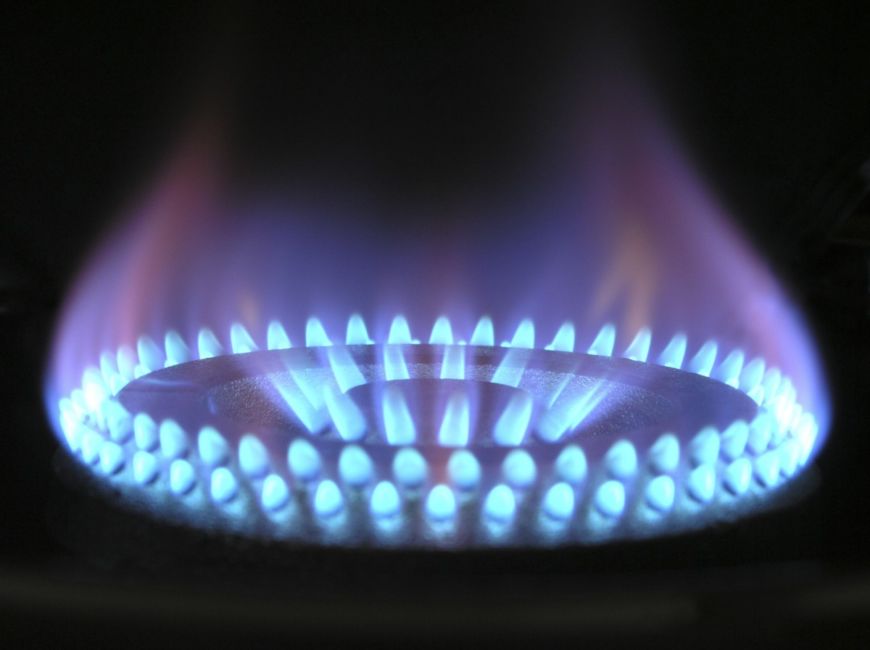A transformational moment?
It is often said that the EU is forged in crisis. After weathering what feels like so many crises over the past 15 years, the EU’s swift and decisive response to the Russian invasion of Ukraine has, for the most part, been welcomed as the EU finally getting a crisis right. In the first weeks of the […]
Climate change, ageing societies and the sustainability promise
Will 2050 mark a turning point in human history when the human population has reached its peak and innovation has allowed us to put fossil fuels and mining in the past? Technology optimists make the case that high-performance products can be made by recycling scrap metal. Will the drive towards climate neutrality ensure prosperity for […]
CEPS Expert Briefing: informal meeting of EU leaders
The French Presidency has convened EU leaders for an informal summit on 10 and 11 March with a significant shift in the substance of the meeting, given Russia’s war on Ukraine. On the agenda: EU enlargement, sovereignty and defence. How to revise the EU’s enlargement process, following the application for EU membership by three DCFTA […]
Is renewable hydrogen a silver bullet for decarbonisation?
Clean hydrogen will offer decarbonisation solutions for sectors where direct electrification would be either technologically impossible or too costly, though future demand should not be overestimated. Hydrogen will most likely be used in hard-to-decarbonise industrial processes, some segments of the transport sector, as well as for long-term energy storage. For hydrogen to contribute to decarbonisation, […]
Is EU Joint Gas Purchasing really a bad idea?
The EU and its Member States are struggling with the growing political fallout of what some are calling the ‘energy price crisis’. Various governments are reacting with transfers, tax reductions or tax holidays to help embattled consumers and businesses. When looking at longer-term solutions, some proposed ideas have included the joint purchasing of gas (similar […]




